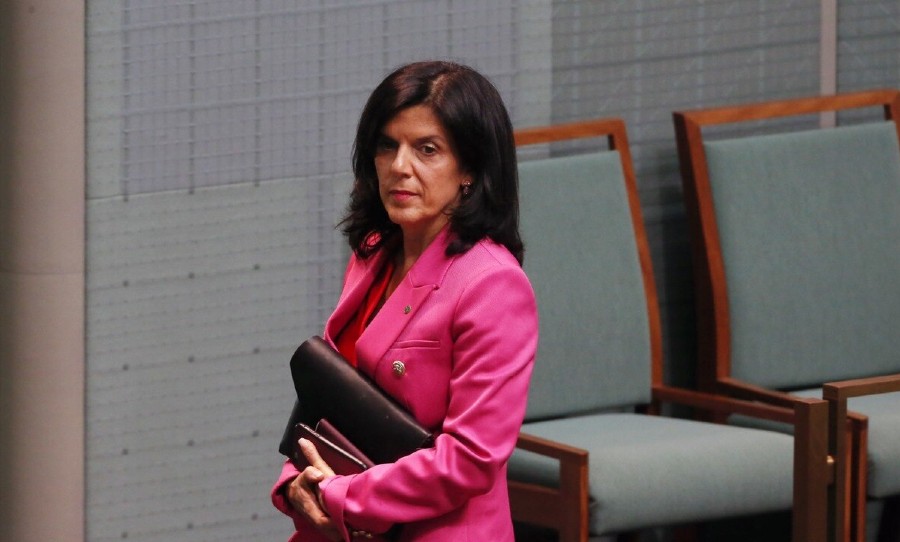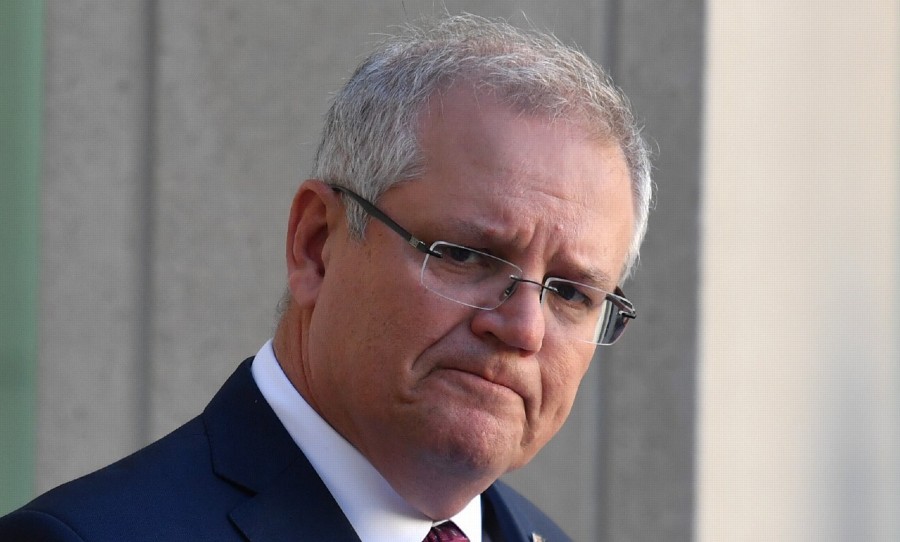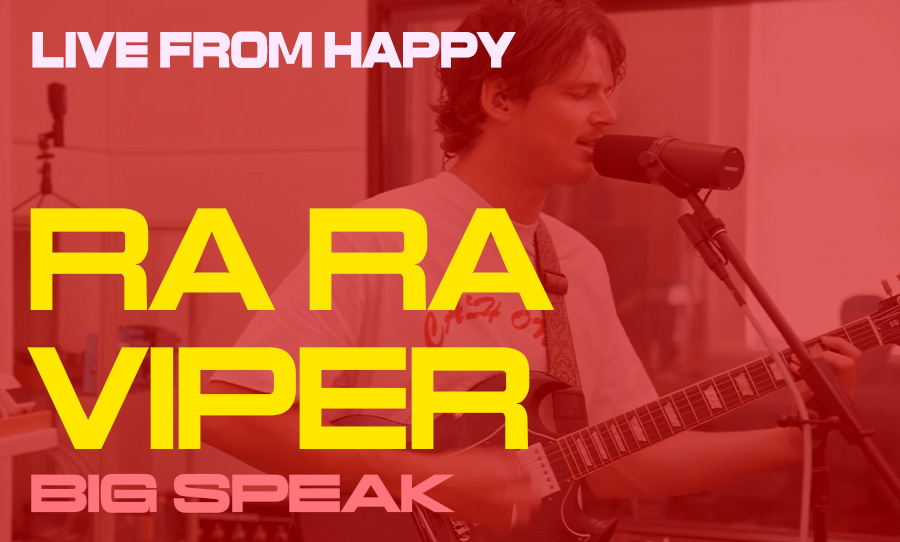Women’s support for the Coalition has dropped by 4 per cent, while Parliament is subject to a review into evidence of its misogynist culture.
A current survey by Resolve Strategic shows that 37 per cent of women would list the Liberal Party as their primary vote, falling by 4 per cent from 41 per cent in 2019.
Comparatively, the Labor Party’s primary vote has risen from 33% in 2019, to 35% in 2021 among women voters.

Nevertheless, Morrison remains the favoured prime minister for women, with 45% preferring him and 22% preferring Labor leader Anthony Albanese.
This swing in women’s votes against the Coalition comes as the public is becoming increasingly aware of the treatment of women within the Australian government.
On Monday, former federal MP Julia Banks spoke with the ABC about the harassment and bullying she experienced in Parliament.
Banks stated that as she prepared to leave the Liberal Party, Morrison’s presence was: “like a menacing, controlling wallpaper“.
Following the leadership coup of Malcom Turnbull in 2018, Banks had intended to remain on the backbench as Morrison took over as prime minister, and leave “quietly” in the next election.
Morrison attempted to “silence” her following her announcement of leaving the Coalition.
She described Morrison as “controlling the narrative“, portraying Banks to the media as a “weak petal that hadn’t coped with coup week“.
Banks also noted her experiences of rampant “cultural and gender bias, bullying and intimidation” as a woman in politics.
Banks eventually decided to leave the Liberal Party without waiting for the election.
What troubles me further is that after Julia Banks’ revelations of sexism and misogyny both within her own party from 2016-2019, but also in the broader culture of Australian politics, I wonder what hope there is for women going forward who pursue a career in public life?
— Tarang / तरंग (@tarang_chawla) July 4, 2021
Banks’ interview contributes to the critical current discussion of the treatment of women in Parliament.
Earlier this year, former Liberal advisor Brittany Higgins publicly alleged that a male colleague sexually assaulted her in a ministerial office in 2019.
Following Higgins’ allegations, the government has called a vital review of parliament’s workplace culture from Sex Discrimination Commissioner, Kate Jenkins.
Given the very slight majority of seats for the Liberal Party, the swing in women’s voting preference is a serious threat to the Coalition.
Jim Reed, director of Resolve Strategic, stated that: “We don’t typically see large short-term vote shifts unless there’s a sudden change in policy, performance or people,”
“But it’s not at all unusual to see demographic groups swing one way or another over time as they can be more sensitive to events than others. This is exactly what we are seeing here.”
Resolve Strategic derived statistics from the answers of 5228 eligible voters. The margin of error is estimated to be 1.9 per cent in results by gender.
Julia, I’m so sorry for what you have endured – thank you for bringing sunlight to those who hold power. @rtraister https://t.co/rDxLeWyCdZ pic.twitter.com/TtUvc6mbIY
— Ming Long AM (@MingYLong) July 4, 2021



